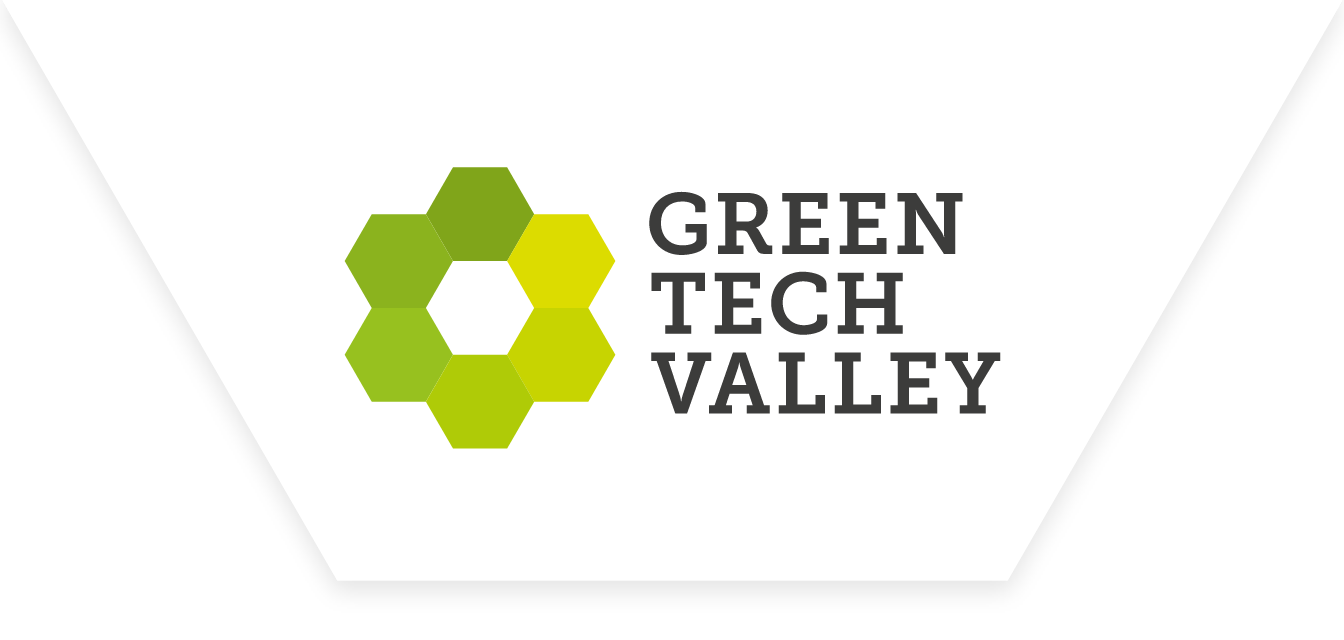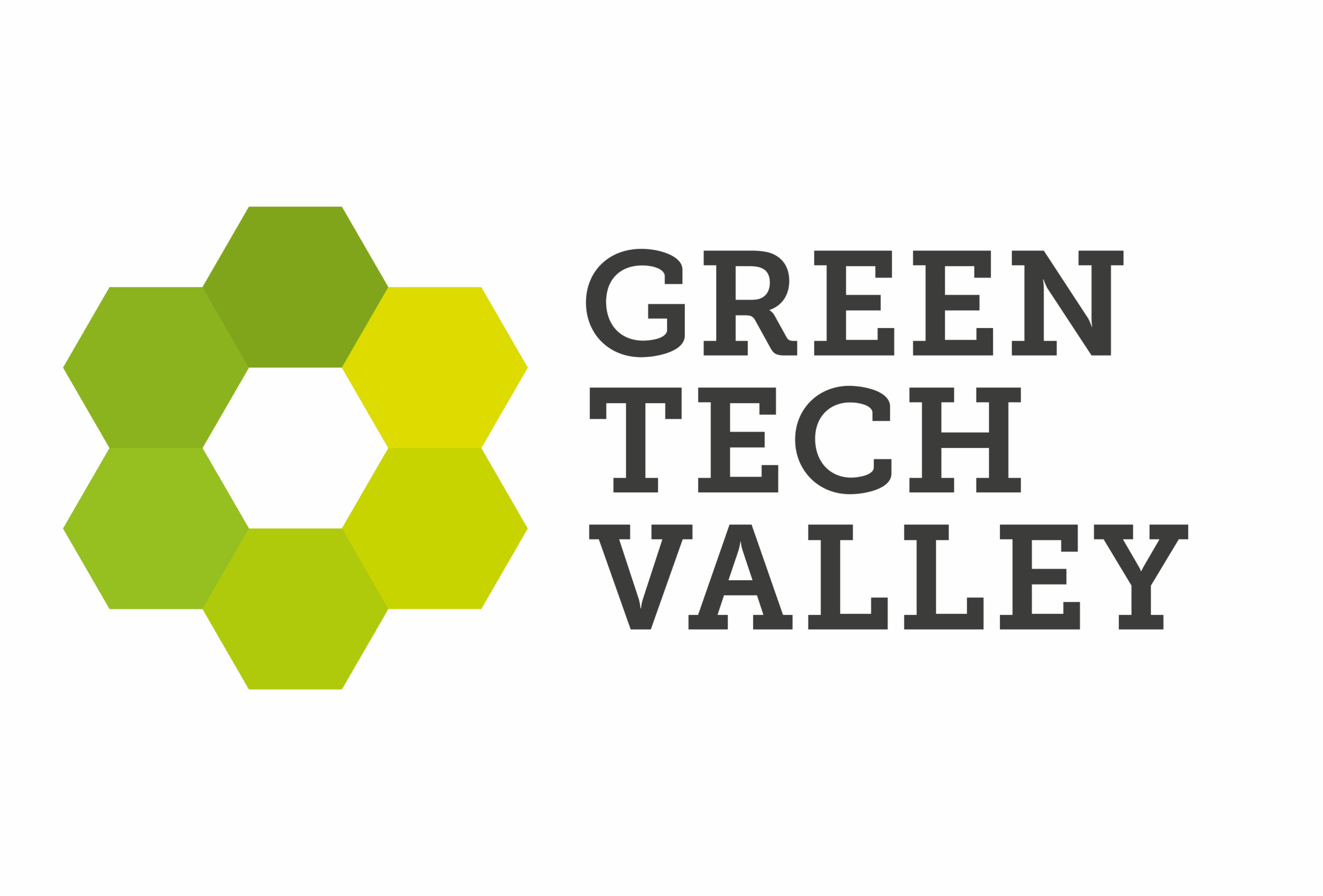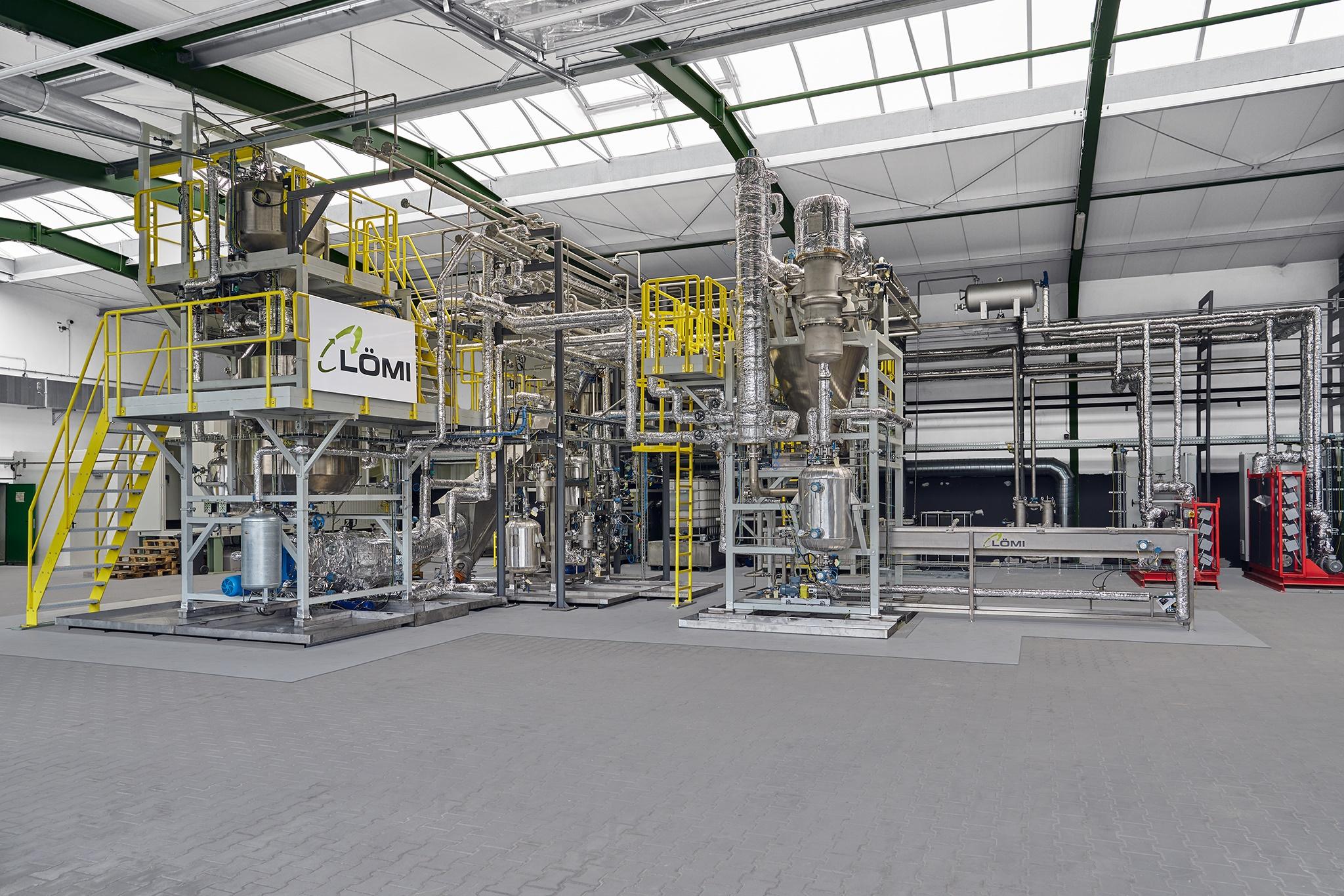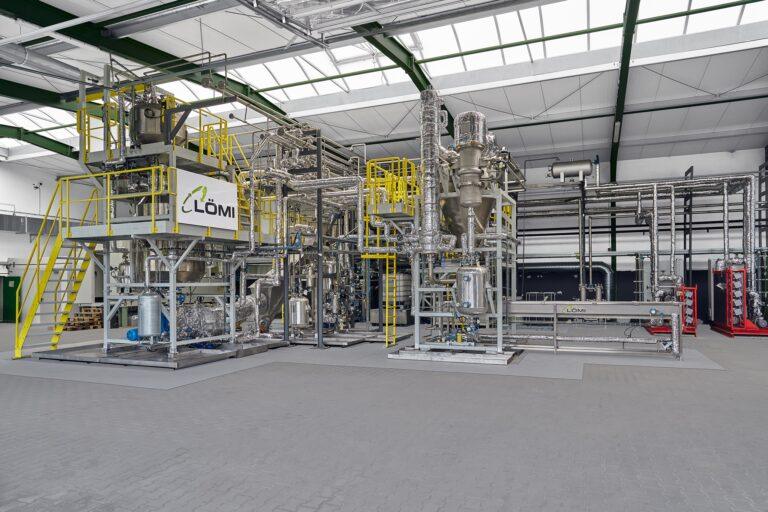GAW technologies GmbH
GAW technologies GmbH
Great Applications Worldwide
COATING & PREPARATION / DIGITALIZATION & OPTIMIZATION / RECYCLING & WATER TREATMENT
GAW technologies, a member of the GAW Group, is a worldwide operating company for industrial plant engineering and construction, with a special focus on the pulp & paper industry as well as plastics recycling.
With more than 70 years of experience, we are the experts for industrial
• preparation and production of chemicals and coating compounds
• automation and digitalization of processes
• water and wastewater treatment solutions
• plastics recycling (CreaSolv® process for multilayer packaging films)
GAW - Great Applications Worldwide
Tailor made solutions and savings of precious resources to cut costs in the production processes of our customers is our daily business.
Innovative - Efficient - Sustainable
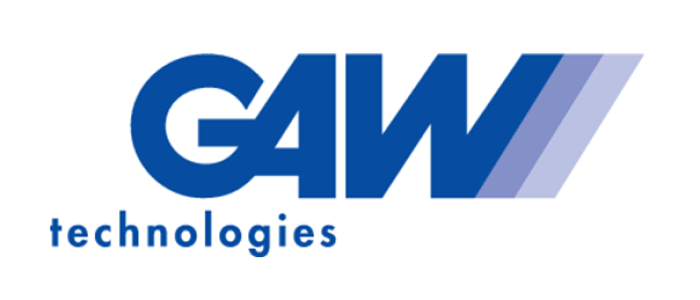
GAW technologies GmbH
Puchstraße 76// Postfach 64
8020 Graz, Österreich
8020 Graz, Österreich
Your Contact
Alexander Rinderhofer
Geschäftsführung
Geschäftsführung
CreaSolv® an innovative technology solves a multi layered problem
A new form of circular, solventbased plastics recycling of multilayered packaging films
The dilemma is real! Plastic packaging for food and consumer goods is increasingly identified as a major contributor to waste mountains, marine litter and environmental pollution, and a source of microplastic emissions. Consumers are becoming more aware of these issues and showing growing opposition to plastic packaging, with calls for its ban becoming more frequent.
On the other hand, would consumers be willing to purchase browned meat, wilted and dried-out vegetables, flavorless coffee, or potato chips that have gone soggy from humidity? How many hands do groceries pass through before reaching store shelves, and how far do they travel? Without hygienic plastic packaging, many products would quickly become unsellable, exacerbating the already ethically troubling issue of food waste. Moreover, such packaging also helps extend the shelf life of products in our own refrigerators.
What few people know: food packaging films are high-tech products. Films with up to twelve different layers ensure that no unwanted substances (e.g., oxygen, odors, contaminants, germs or moisture) penetrate the packaging, that aromas are preserved, and that products are protected from light, maintaining hygiene and sterility.
No light without shadow: Multilayer packaging films have so far been nearly impossible to recycle because their layers are made of different plastics, which cannot be separated and processed into new materials. To make matters worse, packaging waste is often heavily contaminated with food residues, fats, chemicals, label adhesives, sand, or other contaminants.
The fact is that in Europe, out of 18.5 million tonnes of plastic packaging waste collected in 2022, only 7.0 million tonnes were actually recycled and used in new products. The rest was incinerated for energy recovery (8.3 million tonnes) or landfilled (3.2 million tonnes). In Austria, about three-quarters of collected high-quality plastic waste ends up in incineration plants [1], thus being permanently removed from the recycling loop. Achieving the EU’s 55% recycling target by 2030 will require new, creative approaches and technologies, as no quantum leap can be achieved with conventional methods.
The Styrian process- and plant engineering specialist GAW technologies has set its sights on tackling this unsolved problem with innovative technology, making a substantial contribution to meeting European and global recycling targets.
This is where the innovative CreaSolv® process comes into play. Similar to how sugar dissolves in water, specific solvents can selectively extract certain plastics from post-consumer multilayer and mixed packaging films. The result is a plastic solution that can be cleaned of impurities such as food residues or label adhesives. In a closed loop, the solvent is separated from the plastic and reused. What remains is high-purity plastic granulate, which nearly matches the properties of virgin material and can be used to produce new packaging films. Under optimal conditions, CO₂ emissions can be reduced by up to two-thirds compared to production from virgin plastic.
Thus, the CreaSolv® process is doubly effective environmentally: it reduces plastic packaging waste while also avoiding CO₂ emissions.
In collaboration with industry partners from the packaging sector, GAW technologies built an industrial CreaSolv® demonstrator plant as part of a European funding project. This facility has already demonstrated the outstanding performance of the CreaSolv® process and the recyclates produced from it. Consumer goods giant Unilever operates the first commercial CreaSolv® recycling plant on trial in Indonesia. This plant recycles multilayer pouch bags commonly used in Southeast Asian retail, turning them into new packaging and preventing them from entering the environment.
The potential of the CreaSolv® process is far from exhausted. Together with the Fraunhofer Institute for Process Engineering and Packaging, GAW is exploring the possibility of applying this method to other types of difficult-to-recycle waste, such as beverage cartons or synthetic textiles.
Market analyses suggest there is potential for 10 to 20 CreaSolv® recycling plants in Europe alone, with a processing capacity of up to 50,000 tonnes of packaging waste per year.
[1] The Circular Economy for Plastics – A European Analysis 2024; pp. 83-85; Plastics Europe
Puchstraße 76// Postfach 64
8020 Graz, Österreich
8020 Graz, Österreich
Contact to your Solution

Alexander Rinderhofer
Geschäftsführung
Geschäftsführung
